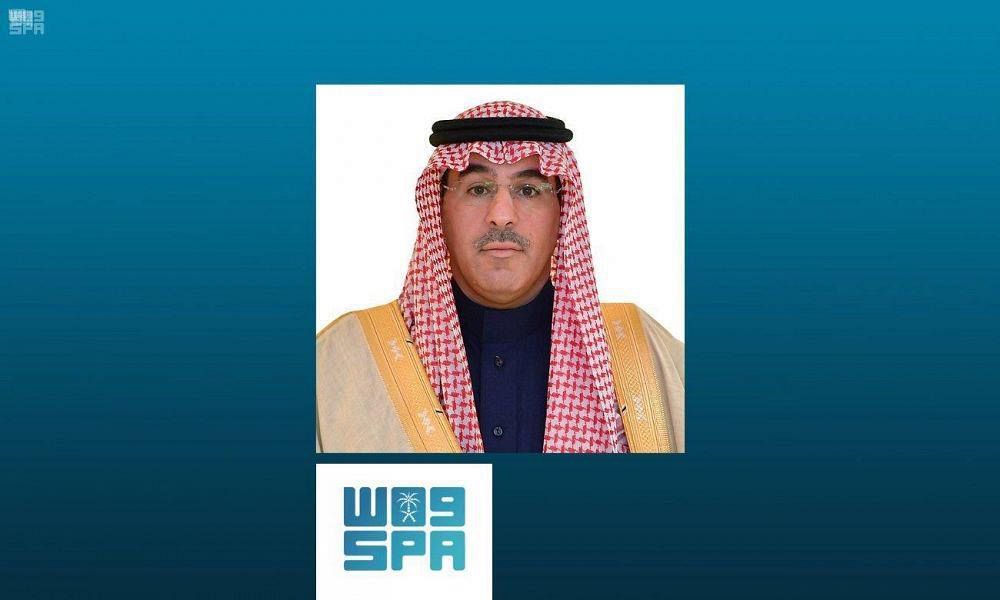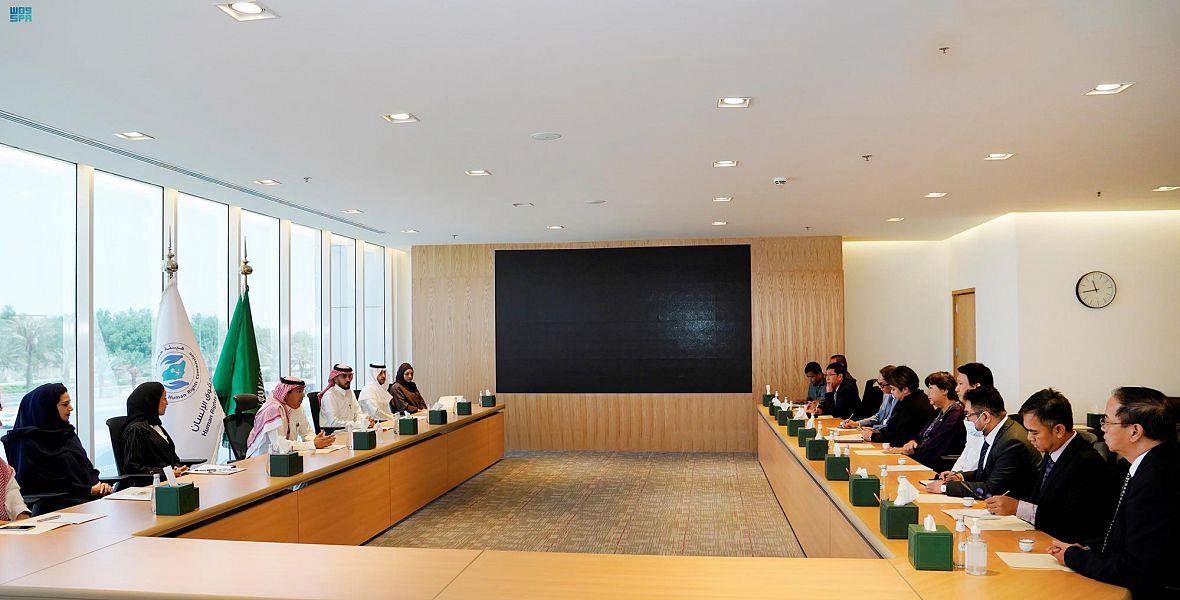
The Philippines and Saudi Arabia recently organized a virtual forum on labor mobility and human rights
MANILA: Philippine President Rodrigo Duterte has thanked Saudi Arabia for looking after the welfare and labor rights of Filipinos living in the Kingdom.
During a phone conversation with Crown Prince Mohammed bin Salman, Duterte also expressed his appreciation for the Kingdom’s inclusion of overseas Filipino workers (OFWs) in its coronavirus disease (COVID-19) vaccination drive, the Philippine leader’s office said on Thursday.
In a statement, the presidential palace, Malacanang, added: “President Duterte recognized Saudi Arabia’s efforts to ensure that the rights, welfare, and well-being of Filipinos in the Kingdom are protected and upheld, including recent efforts aimed at labor reform.”
It said that during Wednesday’s phone call, the crown prince assured Duterte that all Filipinos in the Kingdom would be inoculated, and they also agreed to ramp up joint efforts to tackle the COVID-19 outbreak.
“President Duterte has, in several public pronouncements, underscored the need for universal access to vaccines to effectively combat the COVID-19 pandemic, emphasizing that nations must work together toward equitable access to life-saving vaccines, particularly for developing and least-developed nations,” the presidential office added.
“King Salman also called on the leaders of the world’s 20 largest economies (the G20) to work toward affordable and equitable access to vaccines,” the Malacanang statement said.
During a virtual press conference, Duterte’s spokesman, Harry Roque, said the president and Crown Prince Mohammed also used their phone chat to discuss ways “to further improve the protection of Filipino workers in the Kingdom.”
He added that Saudi Arabia was among a number of countries supporting calls for changes to the kafala sponsorship system (for the monitoring of migrant laborers).
New measures under the Kingdom’s labor law reforms, effective since March, ensure that migrant workers in Saudi Arabia’s private sector have improved job mobility and can switch jobs or leave the country without employer consent. The rules also allow foreign workers to apply directly for government services, with all employment contracts documented online.
Duterte had previously described the old kafala system as “unjust” and “exploitative,” claiming it made OFWs in the Middle East, particularly household workers, vulnerable to abuse.
The Philippines and Saudi Arabia recently organized a virtual forum on labor mobility and human rights to discuss the sponsorship system and what Middle Eastern countries were doing to reform it. During the meeting, Duterte called for the abolition of the kafala system.










